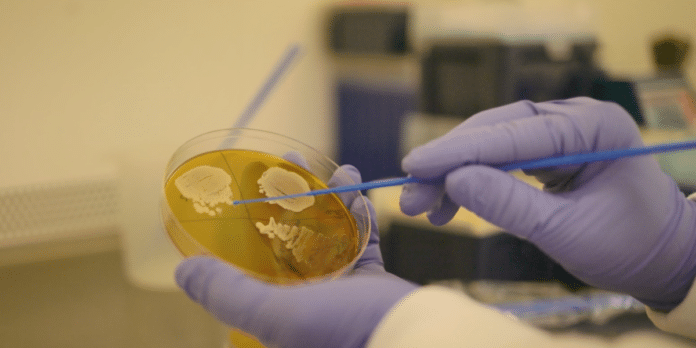Recent studies on yeast have unveiled an intriguing connection between early-life diet and long-term health outcomes. While conducted on yeast, these findings could have implications for understanding human health and longevity.
Researchers from the Babraham Institute have shown that the content of diet in yeast, rather than caloric intake, influences yeast health in later stages of their lifecycle. The different diets placed cells on a path to age healthily and avoid aging pathologies, though they did not live longer. While their results cannot be directly translated into humans, they show that healthy aging can be achieved by optimizing diet if changes are made early in life.
Researchers at the Babraham Institute are proposing an alternative link between diet and aging based on studies in yeast. Dr. Jon Houseley and his team have published their experiments, showing that healthy aging is achievable through dietary change without restriction by potentially optimizing diet. That ill health is not an inevitable part of the aging process.
Researchers have long known that caloric restriction – intentionally consuming far fewer calories than normal without becoming malnourished – improves health in later life and may even extend life.
However, studies in mice show that caloric restriction needs to be maintained throughout life to achieve this impact, and the health benefits disappear when a regular diet is resumed. Dr. Houseley’s new research conducted in yeast suggests that an alternative to calorie restriction can lead to improved health throughout the lifecycle.
Researchers from the Babraham Institute found that what yeast eats affects its health as it ages more than the calories it consumes. Different diets improved how yeast cells aged and prevented aging problems, even though their lifespan didn’t increase. Although these results don’t directly apply to humans, eating a better diet early in life might lead to healthier aging.
The researchers studied yeast and proposed a new idea about how diet impacts aging. They discovered that changing the diet could promote healthier aging without restricting food. While eating fewer calories has long been known to improve aging, this yeast research suggests that changing your diet could also contribute to staying healthy as you age.
Dr Dorottya Horkai, lead researcher on the study, said, “We show that diet in early life can switch yeast onto a healthier trajectory. By giving yeast a different diet without restricting calories, we could suppress senescence when cells no longer divide and loss of fitness in aged cells.”
The researchers experimented with yeast. Instead of giving them their usual food (which is sugary), they gave them a different kind called galactose. They found that when the yeast ate galactose, they didn’t show many signs of getting old, which usually happens. Even when the yeast became old, they stayed strong and healthy, although they didn’t live longer. This means that the time when they usually get sick when they’re old is much shorter.
Dr. Houseley explained that “changing the diet is important when cells are young, but it doesn’t have much effect on old yeast. It’s difficult to compare youth in yeast and humans, but all these studies show the same thing – if you want to live a long and healthy life, eating well from a young age matters.”
In conclusion, recent studies on yeast show that what we eat when we’re young can affect our health and aging throughout our lives. These findings suggest that we should look more into how our early diet affects our health as we grow up. This gives us a new way of thinking about how what we eat when we’re young can have long-lasting effects on our health.
Journal Reference:
- Dorottya Horkai, Hanane Hadj-Moussa, et al., Dietary change without caloric restriction maintains a youthful profile in aging yeast. PLOS Biology. DOI: 10.1371/journal.pbio.3002245.
